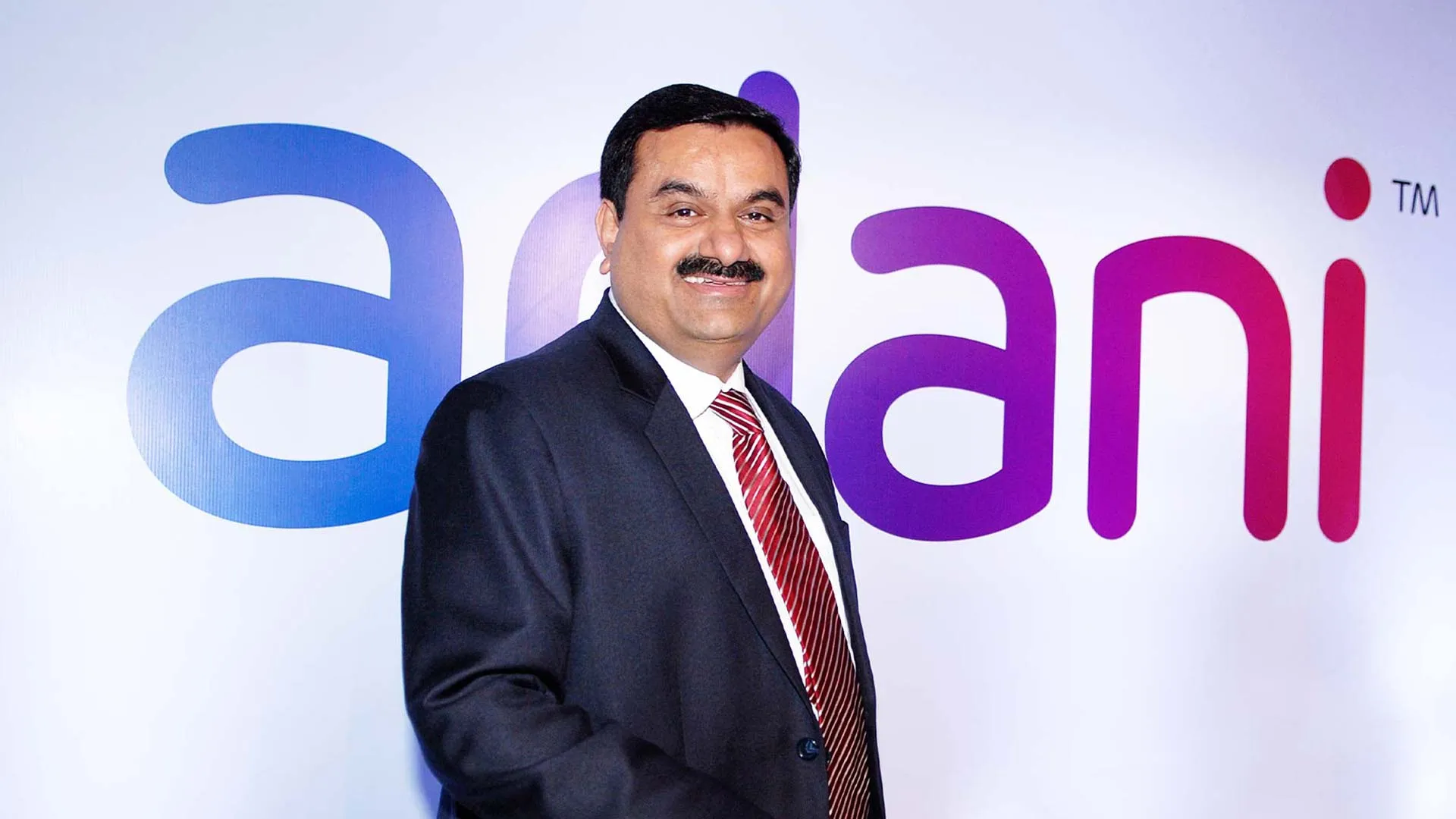Adani Properties justifies additional concessions granted by Maharashtra Govt in Dharavi redevelopment tender. Controversy surrounds bid process and scope of work changes.
In a recent development, Adani Properties Pvt. Ltd. has presented its defense before the Bombay High Court regarding the additional concessions bestowed by the Maharashtra Government in the tender for the Dharavi slum redevelopment project. The new tender, released in 2022, introduced further provisions for affordable housing, catering to nearly 700,000 tenements that were initially ineligible for redevelopment. The responsibility for the associated costs rests on the successful bidder, Adani Properties.
“The new tender issued pursuant to the 2022 GR has made the entire redevelopment more inclusive by providing for accommodation and rehabilitation of the non-eligible slum tenements in affordable housing or under PM Awas Yojana (which was not the case in the 2018 Tender). The 2022 Tender thus aimed at rehabilitating the lives of far greater number of persons and impacting the lives and livelihood of several persons than as contemplated in the 2018 Tender. As the entire costs and expense for the rehabilitation of the non-eligible slum tenements was required to be undertaken by the lead partner/ its affiliate, some additional concessions to the Dharavi Redevelopment Project were provided”, as mentioned in the affidavit filed on behalf of Adani Properties.
This legal action arises from a writ petition filed by Seclink Technologies, a UAE-based entity, challenging the 2022 tender process that led to Adani Properties winning the bid for the Dharavi slum redevelopment. It’s pertinent to note that Seclink had emerged as the successful bidder in the 2018 tender for Dharavi’s redevelopment. However, due to circumstances, the entire tender process was annulled, leading to the issuance of a fresh tender in 2022, which Adani Properties secured.
Seclink’s petition asserts that the benefits provided to the highest bidder in the tender, including stamp duty exemption, reduced property taxes for rehabilitated tenements, and waivers on fungible FSI premiums, go beyond the scope of a Vital Public Purpose Project. Moreover, Seclink argues that the final work order granted to Adani extends beyond the parameters of the advertised tender.
In response, the state government’s affidavit clarifies that the concessions offered in the new tender would have been accessible to Seclink as well, had they participated in the process. The government emphasizes that the tender process was transparent, and no undue favoritism was shown to Adani Group, the highest bidder.
Addressing Seclink’s concerns about the bid amount, the government’s affidavit underscores that the bid was intended solely to fund the execution of the redevelopment project by the chosen bidder, not as a payment of revenue to the government. The affidavit argues against the notion of a “loss to the public exchequer,” asserting that the concept is misconceived and lacks merit.
The new tender mandates a minimum guaranteed payment of Rs. 2800 crores to the Rail Land Development Authority (RLDA), distinct from the bid price. This includes construction expenses for approximately 84,000 square meters of Railway Quarters, along with an upfront payment of Rs. 1000 crore for land and related costs. Adani, the highest bidder, submitted a bid of Rs. 5069 crores and is obligated to indemnify RLDA for Rs. 2800 crores, amounting to a total financial commitment of Rs. 7869 crores.
Importantly, the new tender requires the selected bidder to accommodate non-eligible slum tenements through affordable housing initiatives or the Pradhan Mantri Awas Yojna, entailing additional substantial expenses for the Special Purpose Vehicle (SPV). The government contends that the inclusion of Railway land in the project constituted a significant change in the scope of work, necessitating a fresh tender process.
Rejecting Seclink’s portrayal of their petition as a Public Interest Litigation, the government’s affidavit asserts that the primary contentions concern the cancellation of a previous tender and subsequent tender processes. The affidavit underscores that the petitioner lacks the standing to challenge the wisdom of tender conditions.
Furthermore, the government’s affidavit rebuts Seclink’s allegations of mala fide actions by stating that they lack substantiated particulars and evidence. Allegations of political motivation are deemed baseless. The affidavit also clarifies that the petitioner, Seclink, did not submit an individual bid; the consortium as a whole was considered for the contract. This legal action is thus deemed non-maintainable, filed only by the petitioner and not the entire consortium.
Concluding its stance, the state government argues that Seclink failed to establish a prima facie case for interim relief and warns that granting such relief could hinder the advancement of a critical public purpose project.
